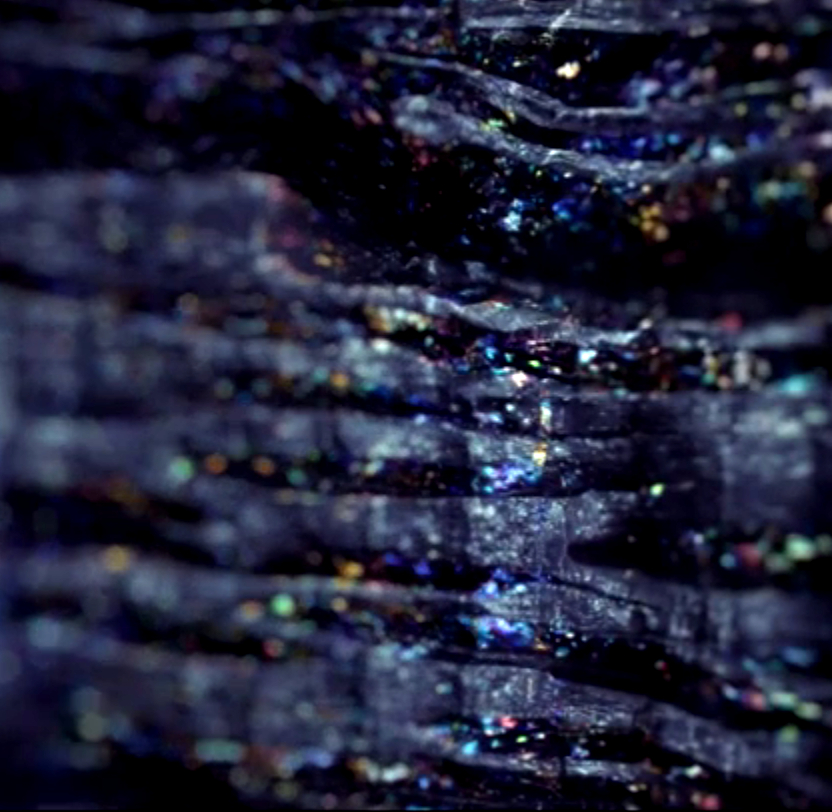HESC progress opposed
 Environmental groups are opposing plans to produce hydrogen from coal in Victoria's Latrobe Valley.
Environmental groups are opposing plans to produce hydrogen from coal in Victoria's Latrobe Valley.
Many are calling on the Victorian government to cease providing any further financial support to the Latrobe Valley's HESC project.
The project seeks to convert brown coal into liquefied hydrogen, and is moving towards commercialisation.
Over 50 demonstrators gathered at Parliament House on Wednesday, as part of the Victorian Greens' campaign against the Japanese-backed Hydrogen Energy Supply Chain (HESC) project in eastern Victoria.
Last year, a Japanese consortium led by Kawasaki Heavy Industries successfully completed a pilot project to convert Latrobe Valley coal into liquefied hydrogen for export, and they now have plans for commercial expansion.
Both the Victorian and federal governments contributed $50 million each to fund the pilot project.
However, Dr Tim Read, spokesperson for coal transition at the Victorian Greens, asserts that such a project has no place in Victoria's future.
“The project is trying to keep coal alive when everyone knows that the focus now should be on transitioning out of coal,” he said.
“We can make hydrogen from water, and that's what we will be doing long term.”
The consortium says it will only proceed with the project if it can capture its emissions, potentially through CarbonNet, the Victorian government's carbon capture and storage (CCS) initiative.
CarbonNet aims to store emissions in disused oil and gas wells in Bass Strait.
Yet, Dr Read dismisses CCS as an “unrealistic aspiration”.
Tony Wood, Director of the Grattan Institute's Energy and Climate Change Program, has pointed out a fundamental challenge facing the project.
Originally conceived to test the hydrogen supply chain, it was not designed as a long-term solution for hydrogen production.
“There was a general view that … using hydrogen produced from Victorian coal [was seen as] an interim step to the long term, because the ultimate objective is to make green hydrogen from renewable energy,” he told the ABC.
“But this project is talking about long-term investment in making hydrogen from brown coal, and that's problematic because that's not where you want to end up.”








 Print
Print